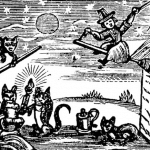My wife Ari and I are on what some would call vacation-distant lands, sweeping vistas, exotic foods-but for us it feels like exhausting, yet satisfying work. Five days ago we left the cozy confines of Silicon Valley California for the United Kingdom and (presently) Greece. Our circadian rhythms are off-time, but we’ve powered through, maintaining our focus due to a mixture of adrenaline and caffeine.
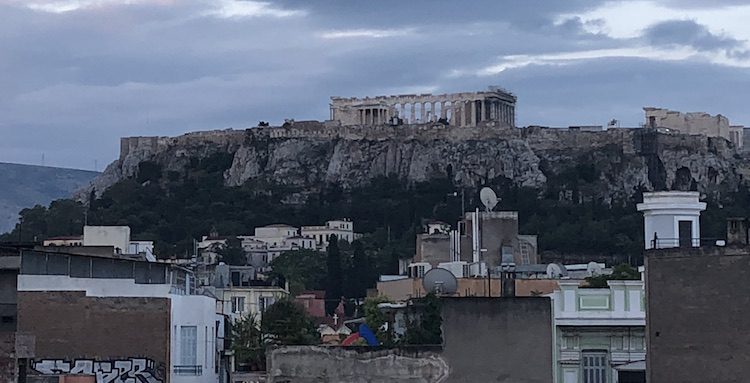
The highlight of today was the Acropolis and surrounding environs in Athens Greece (pinch me! I still can’t believe I’m here!), and the vantage point from which I’m currently writing is without doubt the most inspiring of my life. When I lift my head above my laptop the goddess Athena is literally looking at me. In front of me lies the Acropolis, and her sanctuary, the Parthenon holds center space. It’s a magnificent site, and I’ve just spent the last 12 hours exploring it and the sacred grounds around it, but it could be even more spectacular.

The Acropolis was mostly what I was expecting. I knew it would be but a shadow of its former self, but its power was still on display. It’s a monument to the eternal power of the gods, and despite the challenges now facing Europe and the United States (Canada, you’ve been doing better lately), I still like to believe that Athena watches over the Western World. Yes, I’m sure she’s dissatisfied with a whole host of things, but her torch still burns, if not quite as bright. The Acropolis and the other remains of ancient Athens will remain with me long after this trip is done.
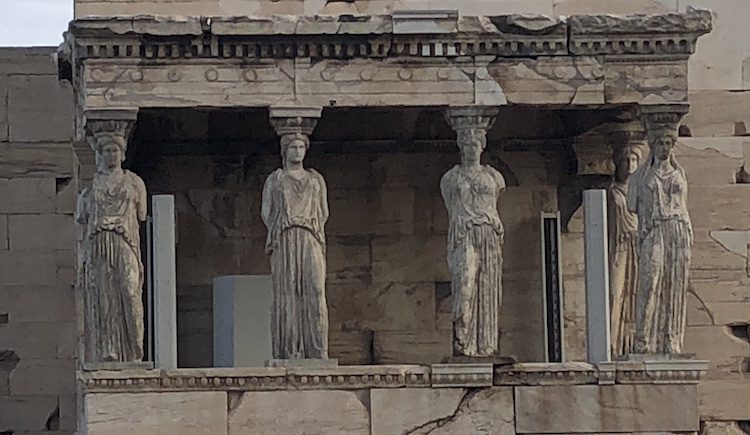
But as Ari and I were walking amidst the relics of pagan antiquity, I couldn’t help but feel sadness. Many of the statues of Athena, Aphrodite, Hermes, and the other gods were more than incomplete, they were completely desecrated. Their arms, legs, and especially faces are mostly missing, victims of Christians long ago who feared their power. Their god was so “all powerful” that statues made those believers cringe, and judging by their actions, fear.
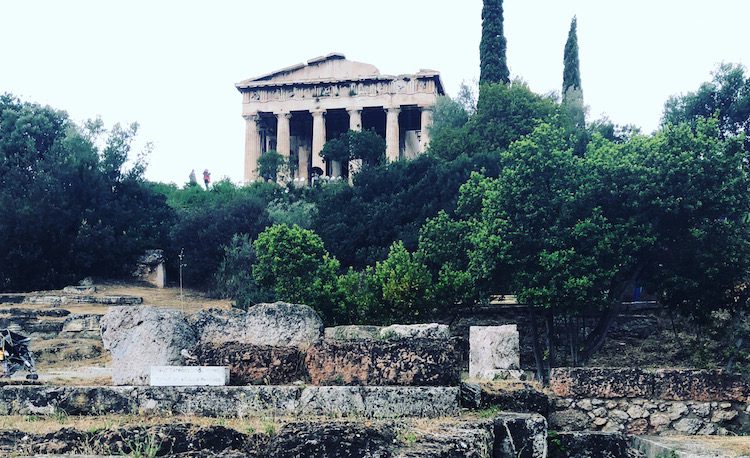
As a Pagan, I suppose I visit places such as Athens in order to feel something. I know that my gods are real. I’ve experienced them both within and without the circle, and I’ve felt their presence next to me, and it’s as real as that of any person. During my first two hours at the Acropolis I could hear the gods whisper, but I couldn’t quite feel them. My sadness, and theirs, were a fluttering on the wind, something that could probably be set aside after a few glasses of wine. But when I got to one of the long destroyed shrines of Dionysus located just outside his theatre, something changed.
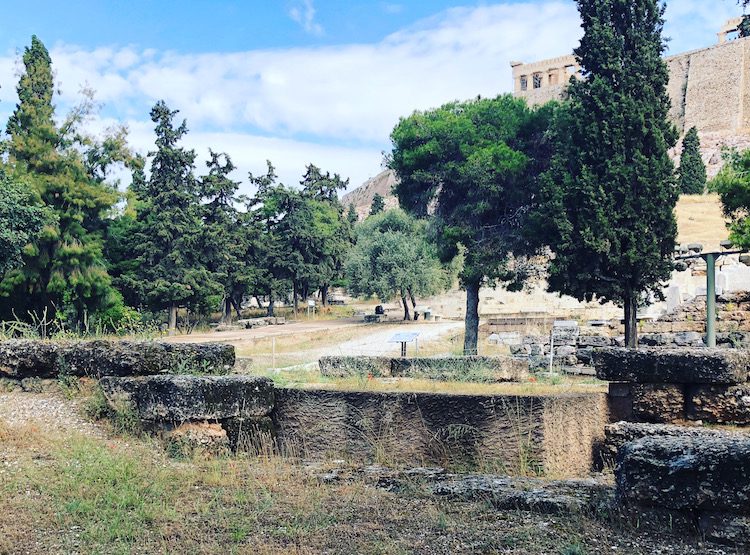
This was now a feeling of more than sadness, it was grief, and it was deep. I’m not generally a hater of Christians, but in that moment I found myself loathing them, both past and present. Despite the lack of temple though, I could still feel Dionysus around me, he was certainly there, and the moment he reached out will forever remain and clear and vivid in my mind. I could feel His pain, and my own with His. My brain fumbled in that instant, and I almost thought for a quick moment that my then hatred for Christianity in that place was because they believed differently than me.
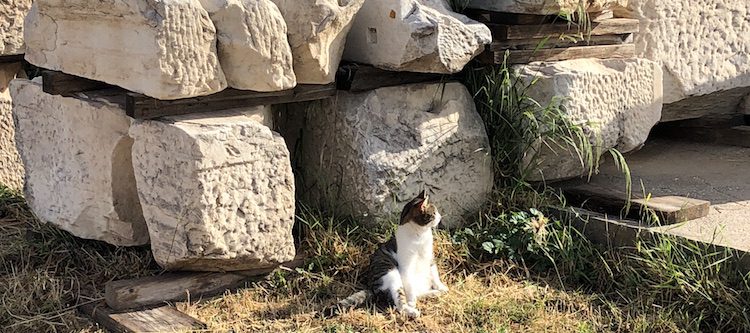
Believe though, is not quite the right word, because obviously they believed in Dionysus. There is no point in destroying the worship space of another unless you believe in the power that’s housed there. Christians, with their belief in an omnipotent, all-knowing, all-powerful God, had to have known that their belief was a lie. The Christians who destroyed Pagan Athens were admitting by their very actions that the power emanating from Mount Olympus was very real indeed.
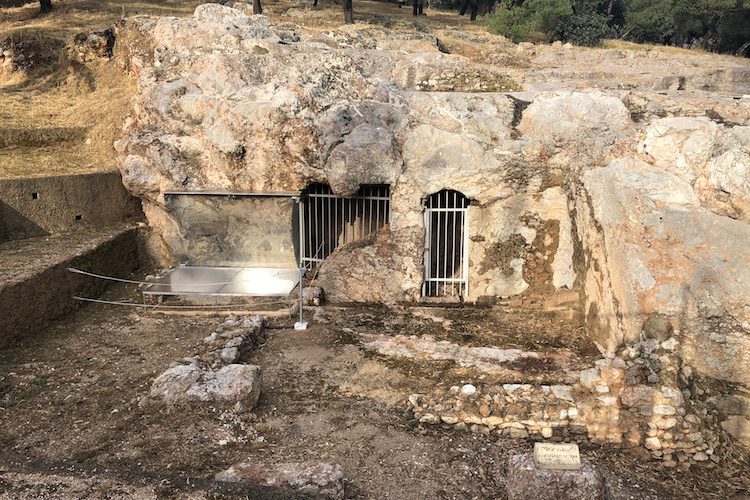
The next couple of hours of our morning and afternoon were shrouded in a degree of sadness. There were desecrated statues I could barely stand to look at in the Acropolis Museum, and the few churches we passed were met with muttered contempt. (And I generally enjoy seeing old churches.) But as we reached the Plaka my anger and grief began to subside.
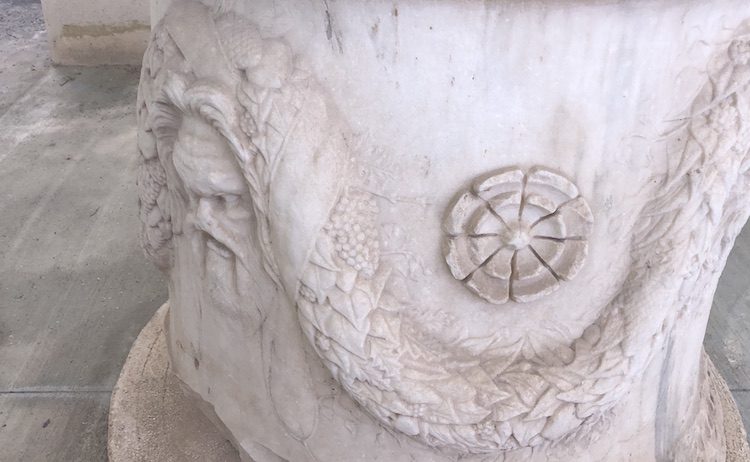
In that space, it’s as if the gods of the ancient world had never left. Statues of the Olympians there outnumber those of the Galilean three to one. Ari and I walked past (other) tourists with drinks clenched in their hands or sitting at patio wine bars. Those who stumbled or slurred their words were at least paying some respects to Dionysus, and it was the old gods, and not the newer one, who were ringing cash-registers.

One thing that Jesus and his father have never bene able to do is speak to the human experience. It’s why the gods of the Greeks (and other cultures) continue to dominate literature and entertainment. Rome in the 1300’s looked just as pagan as it did in the year 200 CE, and the old gods continue to guide us into the future in a way that Yahweh and his absolutes will forever be incapable of.

Ari and I ended our day like so many other tourists, in a wine bar paying our devotions to Dionysus. His temples might have been destroyed in ancient Athens, but he’ll never be taken from those of us who believe and worship.
NOTES
So begins my travelogue for this year’s vacation. For those who are longtime readers I chronicled my trip to the United Kingdom in 2016 on this blog too.
I don’t know how often I’ll be writing on this trip, but if you like pretty pictures of stuff I post them on instagram.
I was in London before getting to Athens, I have a half finished post from that adventure, maybe I’ll finish it one of these days.


